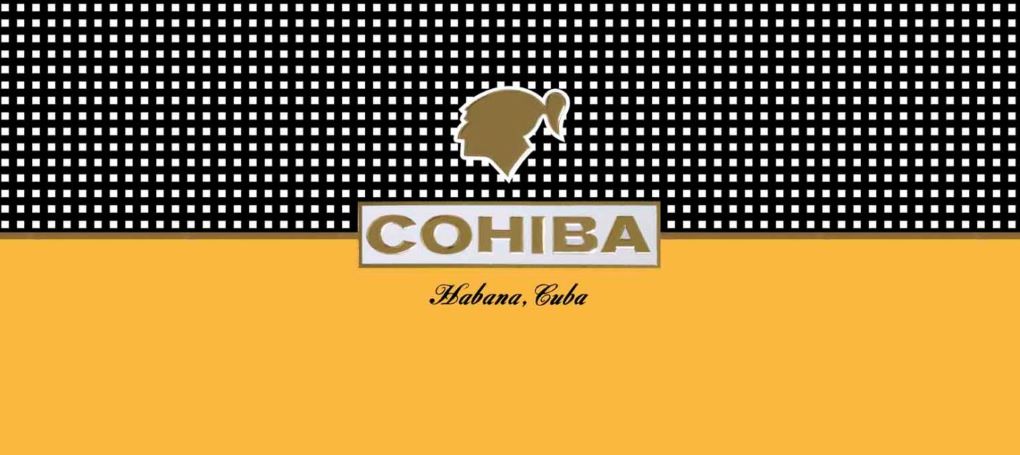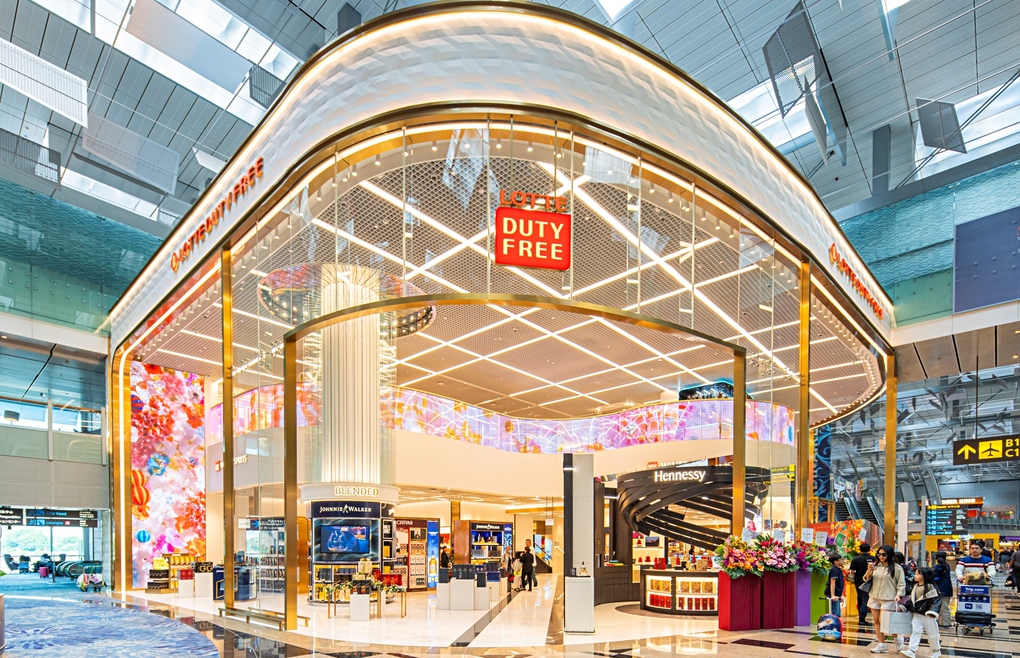 |
AUSTRALIA. The Australian Duty Free Association (ADFA) has said the government’s move to slash inbound allowances on duty free tobacco will “hurt businesses and tourism and make a negligible contribution to the national budget surplus”.
As reported, this week the government cut inbound duty free allowances on cigarettes to 50 sticks (from 250) and tobacco to 50g (from 250g). The new rules are effective from September 1.
The news has major repercussions not only for travel retailers in Australia whose Arrivals business will be hit badly but for any overseas airport (or airline) serving Australia-bound traffic. We’ll bring you analysis and comment in The Moodie Report e-Zine later today.
 |
“In spite of our warnings, the government has massively overstated the revenue it expects to raise from slashing in-bound duty free tobacco allowances.“ |
Derek Larsen Chief Executive Officer The Nuance Group Australia |
The government’s claimed it would generate a net revenue gain of around A$160 million per year, though it did not provide details of how it calculated this estimated gain.
An independent report by Deloitte Access Economics, commissioned by ADFA, shows that the total additional revenue that government could receive would be between A$17 million and A$41 million per year. This was based on an assumption that the allowance would be reduced to less than one full packet. With the limit now at 50 cigarettes (rather than 25 as expected), the revenue gain to government “is likely to be even less” ADFA said.
The move will have serious implications for the duty free sector, ADFA said.
Derek Larsen, ADFA Director and CEO of Australia’s largest duty free retailer, The Nuance Group Australia, said that the government had overstated the available revenue from the measure by around A$110 million in 2013, increasing to an overstatement of A$140 million per annum thereafter. This “black hole” alone is around 7.5% of the total budget surplus.
“In spite of our warnings, the government has massively overstated the revenue it expects to raise from slashing in-bound duty free tobacco allowances,” Larsen said. “It has clearly not considered the many unintended consequences of this policy.
“The total sales revenue generated from duty free tobacco is far less than the amount the government estimates it can raise by ending the duty free concession. It wants to reap more tax revenue from the sector than is generated in total sales. This is clearly impossible.”
“The potential consequences of the decision will be far-reaching,” he added. Total tax take from damaged businesses are likely to fall when the new limits are introduced. Tax from salaries will drop as the sector is forced to lay off staff.
Additionally, he warned that Customs is likely to be heavily affected by the move, as Customs officers will have to dedicate more time to policing the quantities of cigarettes being imported. This will put extra strain on frontline Customs services which are already working hard to process arriving passengers in a timely manner, Larsen added.
At the same time this will negatively impact tourists’ experience on entering Australia and is also likely to lead to an increase in black market trade in tobacco, he noted.
“Sadly, this will seriously impact our business, cost jobs and hurt the tourism industry, for little net benefit to the government or the Australian people,” said Larsen.









